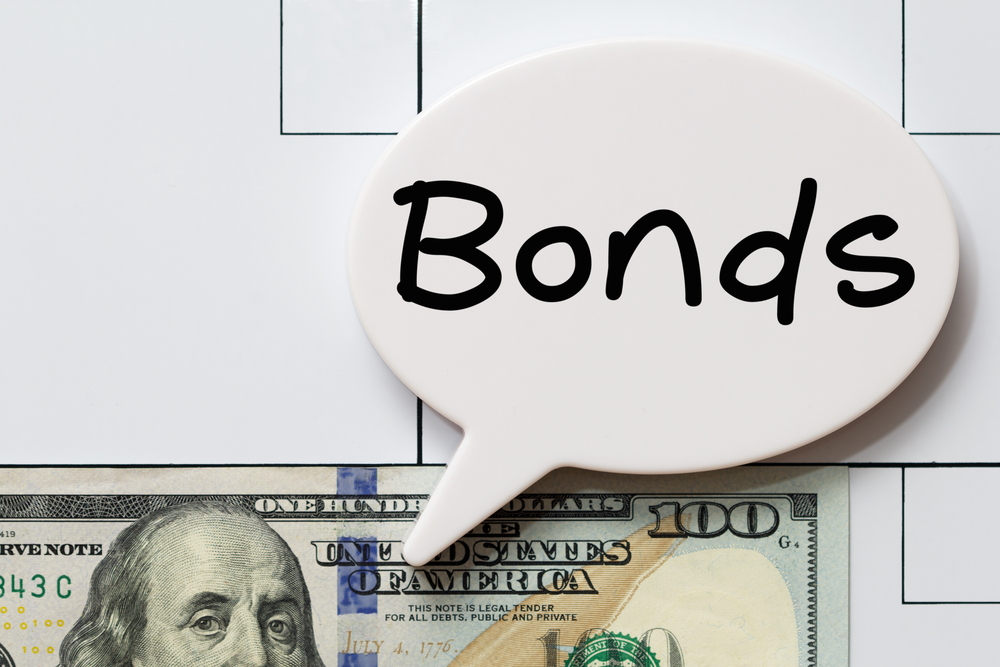Editor’s Note: It’s anyone’s guess what’s going to happen to the stock market in the remainder of the year.
But if it’s anything like the first half of the year, when the markets shed more than 20%…
It could get a lot uglier.
That’s why I’m sharing this article from Chief Income Strategist Marc Lichtenfeld.
In it, he explains why he’s quitting the stock market. (Yes, you read that correctly.)
And I urge you to really ask yourself…
Can you afford to go through another crash or correction and still meet your retirement goals?
Even a 10% drop in the markets could set you back months or years.
I don’t want that to happen to you. Read on to see what tips you might learn from this “stock quitter.”
– Nicole Labra, Senior Managing Editor
I’m a stock guy – particularly dividend-paying stocks.
There are no investments out there that reliably grow wealth over the long term like stocks.
Over decades, stocks are even safer than bonds, which goes against conventional thinking. Jeremy Siegel’s book Stocks for the Long Run shows that not only do stocks outperform bonds – which is not a surprise – but also, over periods of 10 years and longer, stocks’ worst performance was better than the worst performance of bonds.
Between 1802 and 2021, the worst 10 years for stocks showed a decline of 4.0%, while bonds dropped 5.4%. Over a 20-year period, stocks never lost money, while bonds’ worst performance came in at a loss of 3.1%.
So why am I “quitting the stock market” in favor of bonds?
In the short run, bonds – especially those of quality companies – are safer than stocks.
I Can’t Take Much Risk
I have to start paying college tuition for two children soon. My wife and I have diligently saved and invested for 21 years for this moment. Over the next four years, we will pay an insane amount of cash to institutions of higher learning. And I’m not willing to take much risk with that chunk of money.
The closest you’ll come to a guarantee of getting your principal back is an investment in Treasurys. That being said, owning quality corporate bonds is a pretty safe bet.
Junk bonds, the riskiest corporate bonds, have a historically low default rate of just around 1%.
And investment-grade bonds have a minuscule average default rate of around 0.44%.
So your chances of getting your money back are extremely high.
When I invest in bonds, I’m not planning on selling them at a profit. If their prices go up and there’s an opportunity to sell them, great – but my bond positions are intended to produce income and protect capital. I expect to hold a bond until maturity.
I buy bonds with short maturities because I need the money soon.
I am creating a bond ladder where various bonds will mature in each of the next few years. I’ll earn some interest on the bonds while the money is invested, and each year, as the bonds mature, the money will become available to pay tuition.
While I love my dividend stocks, anything can happen in the short term. And if the market falls, I want to be able to buy more dividend payers.
Should the bond market tank in the next few years, I really don’t care. I don’t plan on selling my bonds, so the price doesn’t matter to me. When the bonds mature, I’ll cash them out.
Corporate bonds are not risk-free, but they are a pretty safe way to earn some interest and count on all of your investment being available to you when you need it, as long as you time it right with the correct maturities. In other words, if you need the cash in April 2023, make sure your bond matures before then.
The good news is the bond market is so large that you shouldn’t have a problem finding bonds with the maturity date you want at the risk level you’re comfortable with.
If you can’t tolerate much risk on your short-term funds, corporate bonds are a great way to invest.
Good investing,
Marc
